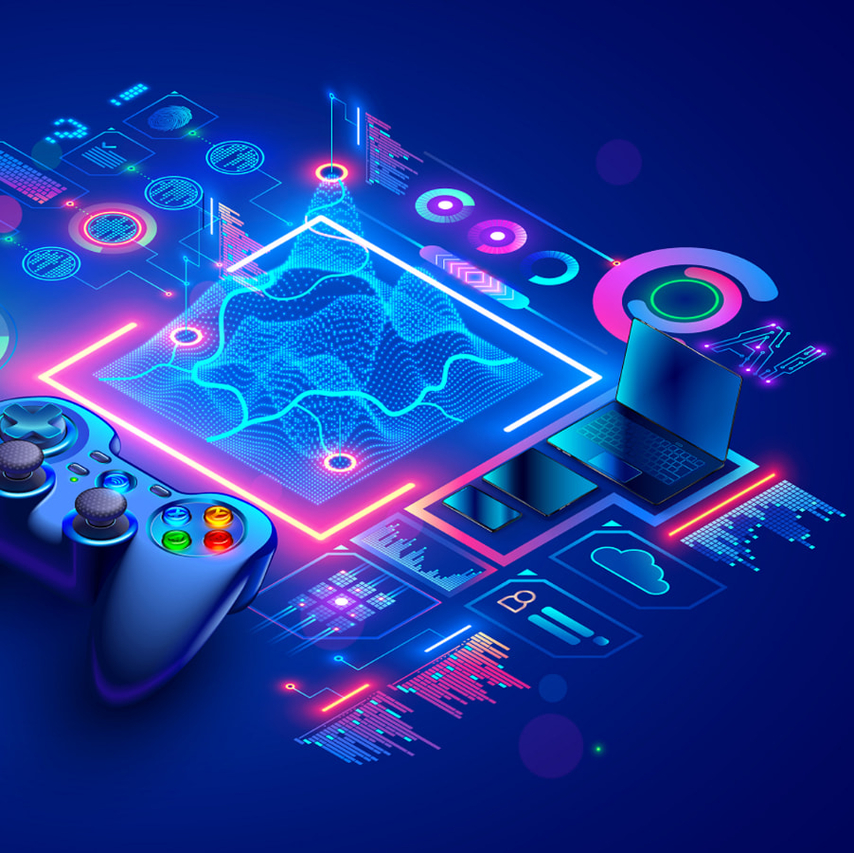The information was initially spotted on Reddit by Simon Carless, founder of GamesDiscoverCo agency. A developer complains that Valve explicitly rejects his project because it uses AI-generated content. If this specific dispute concerns visual content, texts generated by AI can also justify a refusal of publication. The rejection email reads as follows:
“After verification, we have identified intellectual properties in [Insérer nom de jeu ici] that appear to belong to one or more third party(ies). Especially, [Insérer nom de jeu ici] contains artificial intelligence generated graphic assets that appear to be based on copyrighted content owned by third parties. Since we cannot adjudicate the legality of such AI-generated assets, we cannot distribute your game while it contains such assets, unless you can confirm and prove that you own the rights to all intellectual properties used in the datasets used to train the AI you employed.“
PSA: Valve has been quietly banning newly submitted Steam games using AI-created art assets – if submitters can’t prove they have rights for the assets used to train the algorithms: https://t.co/WhWpJpaFjlpic.twitter.com/5KhzJESYxk
—Simon Carless (@simoncarless) June 29, 2023
The crux of the problem
Indeed, image-generating AIs like Midjourney gorge themselves on visual data that they use to learn how to replicate a given object, face or style. However, many unscrupulous creators feed their AI models with a lot of content that does not belong to them. You have no doubt come across Wes Anderson’s duplicates on the web, simulacra imagining the casting of Star Wars In Grand Budapest Hotel, For example. In the United States, the picture company stock Getty Images sued IA Stable Diffusion for fraudulent use of their content. While the trial isn’t over yet and it’s too early to prejudge the court’s verdict, the U.S. Copyright Office ruled last March that AI-generated images themselves could not be subject to of a copyright deposit, for lack of a human creative act. And all this still only concerns the USA: Europe and the rest of the world is another bag of knots…
Rather than risk a lawsuit, Steam therefore prefers to purge the potential evil at the root. As long as they don’t host potentially fraudulent games, they are legally safe. Their spokesperson commented on the situation in a long email sent to Game Developer. Gabe Newell’s company says their position is just one “reflection of intellectual property protection laws and policies“, adding that they did not wish”to discourage” creators working with an AI. On the contrary, they desire “welcome and encourage innovationHere is a more exhaustive translation of their press release:
Far from a moral positioning, the team of Gabe Newell therefore covers its rear from a legal point of view. There remains a major gray area: how can Steam determine which game contains AI-generated assets, and which does not? The perpetual improvement of technology makes it less and less identifiable when it is used well, which will fatally complicate the process of approval. On Reddit, the rejected developer also points out that, if his first games only took one or two days to be approved or rejected, it took a week between each response concerning the AI. Proof of case-by-case work carried out by humans? Steam did not wish to detail its internal processes.
And the industry, what does it say?
After the eruption of NFTs in 2021 and their blown fallout in 2022, AI is emerging as a new technological darling, in buzzword from the moment. Everyone wants to take the train while they are still at the station. For example, Ubisoft is currently working on automating the dialogues of NPCs by AI: their Ghostwriter tool aims to generate the ambient hubbub of the crowd or inconsistent characters to relieve the dialogue writers of tasks deemed minor. Except that a human proofreading remains necessary. The project is therefore far from unanimous in the profession. Probably why the venerable taulier Shuhei Yoshida, current head of relations with independent developers at Sony, believes that AI does not threaten jobs: “It’s a tool. It takes someone to use it. AI can do some very strange things, as you may have seen. You really have to be able to use the tool well.“Optimism or realism? Only time will tell.
In China, in any case, the industry has turned to AI as a whole to skim the workforce. There are no small savings, whether for the behemoths Tencent and NetEase or independent creators, who see the opportunity to generate a lot of visuals without paying artists. freelancers. Hence a collapse of visual professions: 70% of jobs would have disappeared, according to a survey by the specialized site Rest of World. While current Chinese law requires that images and videos generated by AI be clearly stamped as such, in the context of a video game, the rules remain unclear. Note that some local gaming communities, particularly those of Naraka: Bladepoint and Alchemy Stars, have been highly critical of NetEase, Tencent and HoYoverse for their use of AI. Their main complaint: the generated content is “soulless“, without fidelity to the source material, in short, unsatisfactory.
To better understand the subject and read testimonials from developers, you can consult the excellent file of our freelancer Michi, who went to GDC 2023 to take the temperature of AI. And as often, the opinions are more nuanced than what one might think.
